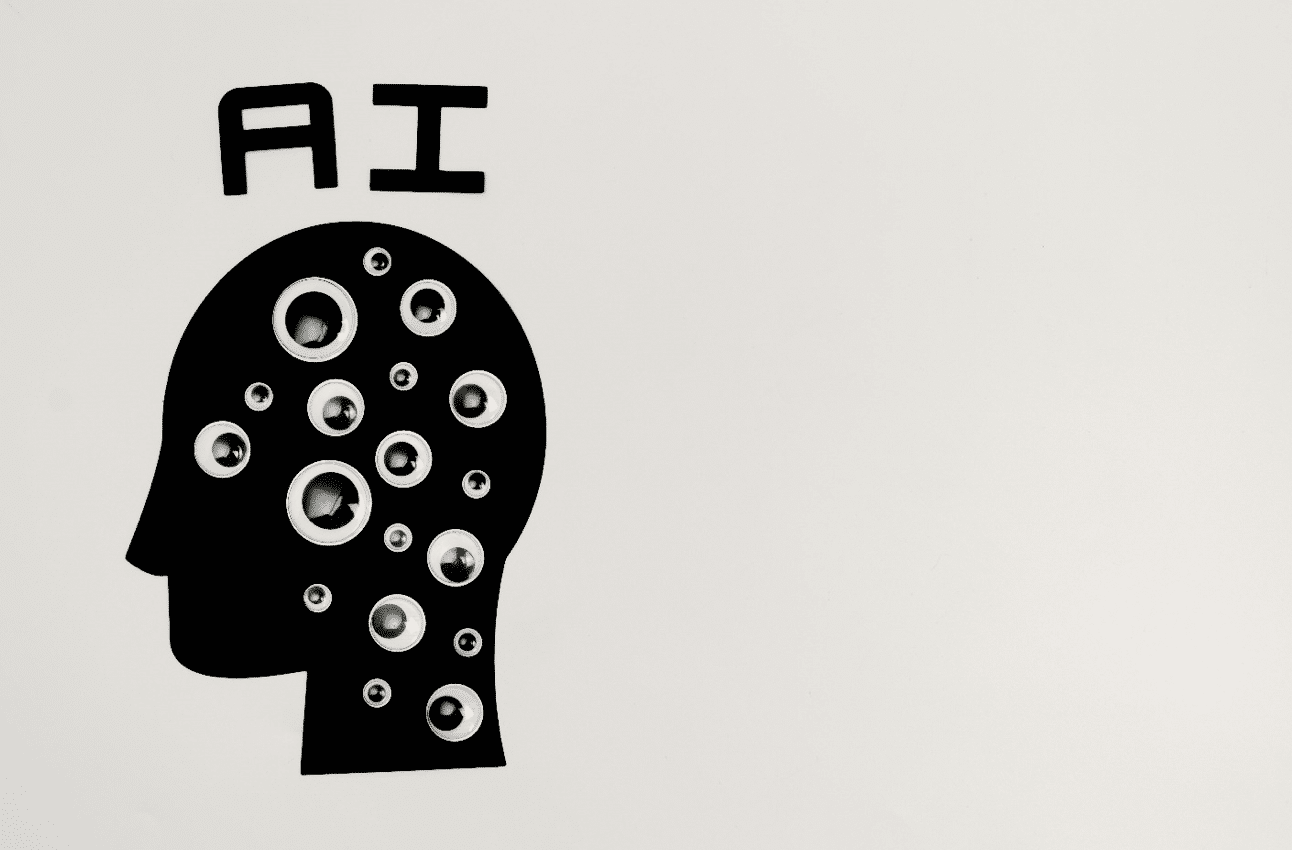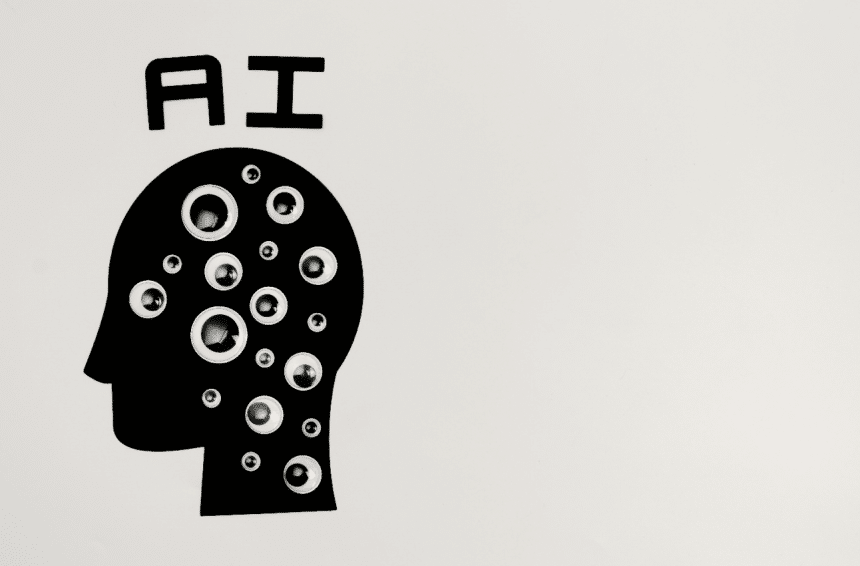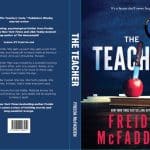In the context of continuously growing technologies, the role of artificial intelligence (AI) in creating content is gradually becoming more and more significant. Today, amateurs do not need to rely only on inspiration and hard work to create interesting works and publications. Most industries use AI algorithms and machine learning to accomplish the seemingly impossible regarding content creation. Students can use AI to generate ideas for assignments, or they can opt to buy custom essays from platforms like https://payforessay.net/custom-writing. In this article, we’ll dive deep into it and look at how the use of artificial intelligence is reshaping the content production process in this century.
Automates Content Creation
Specifically, for content creation, AI assumes many functions and is an absolute necessity in streamlining processes that used to be very time-consuming. Automated content generators are AI applications developed to make content that should involve little to no intervention from a person. This means that they are capable of using other algorithms that are capable of performing searches of data as well as incorporating the data into a presented format all on their own. These platforms can generate emails, social media messages, and even articles.

In addition, these tools are very flexible, and a brand can develop content that reflects the personality of the brand and its voice. Content automation allows publishers as well as businesses to save time and costs and scale up their content production.
However, it is useful to state that these platforms are not a way to replace human content producers. Of course, they can create wonderful articles in a short time and with the highest quality, but this content lacks creativity and the subtlety of human narration.
Helps Produce New Content
AI content creation tools have opened the doors of the content creation process to allow the creators of all classes and with fewer expenses. One of the biggest developments in AI over the last couple of years has been the ability of AI to generate text that is almost indistinguishable from human text, as with OpenAI’s GPT-4. To the content creators, this means that AI can help in writing articles, blog posts, and even creative writing. It can also help create slogans, advertising messages, and product labels that appeal to certain segments of the population.
Contributes Towards the Generation of New Ideas
From composing music to creating art pieces to coming up with good narratives or even designing digital artwork, writer’s block can be cured, and creative people are challenged to think and come up with unique ideas. Thus, our creators are employing AI to find new ideas based on the torrents of data related to the topic’s popularity, the audience preferences, and the formats of the content that perform well.
Nevertheless, it also raises a question about the genuineness and provenance of a work of art. For instance, in reproducing artwork, remarkable as it may be, critics ask whether the work contains a soul and emotions as are in the work created by humans alone. Thus, the controversies connected with the given work, such as the artwork created by an artificial neural network, reflect the general tendencies of society concerning the function of advanced technologies as the key shapers of various cultural values and practices.
Improve Content Quality
Regarding the task of reusing knowledge in the form of refining existing content, AI is much more than a useful tool; it has become an all-purpose tool in different aspects. One of them is better grammar precision. Today, AI is advanced enough to play quite a role in impeccable grammar. Long accustomed to analyzing text, AI models can examine written material carefully, detect mistakes, and propose corrections or improvements to the sentence. We no longer have to turn to manual proofreading as our primary method; AI serves as the helpful assistant in our hunt for a perfectly written comprehensive piece, thus allowing the team to focus more on aesthetic work.
AI also facilitates style enhancement. Writing is an art, and when it comes to defining the kind of writing that will be best suited for a targeted audience, no one can do this better than an AI. Analyzing big data on various styles of writing, which the AI Systems can easily harvest and analyze, will give guided methods on how to modulate the tone, pacing, and optimum alignment to the best writing style concerning the topic at hand.
Whether the text is business-like, for official purposes, or relaxed for a blog, there will always be an option among the proposed AI algorithms that will complement the overall quality of the writing. AI is great, but working with a custom writer who understands your style and assignment requirements is even better. Find out how to find such professionals by going through this payforessay review.
Improves Audience Engagement
As the art of content generation consists of endless steps, it is crucial to be in unison with the particular audience’s tastes and demands. AI enters this role as the partner in arms to content creators, who provide ways to convey the information with pinpoint accuracy and precision to grab the target audience’s attention and move them with a message. With the data sets that define the audiences’ identity, behavior, and preference, AI is the beacon leading content creation to a more complex and individualized connection.
Due to the flexibility and time-saving nature of AI models, content creators can make improvements in their production in a timely manner as required by the audience. Altogether, AI implementation in content refinement opens a new level of convenience for content developers and changes the way they view the improvement of the existing content.
Curate and Recommend Content

One of the most important advantages of AI is the fast and efficient work with Big Data as well as high-precision data analysis. Thanks to the analysis of users’ activities and preferences, AI learns much about individuals’ unique tastes, which allows the creation of unique content proposals. This brought a level of dynamism that had been missing in most of the previous systems, which were based on standard rules, to ensure that the content proffered closely matches the needs and interests of the individual user.
The latter is the recommendation engine that works in real-time and uses the learning capacity to make the suggested content familiar to the user’s preferences. Essentially, an integration of this kind not only delegates control to content creators but also directs a unique and engaging content recommendation process to the users, further enhancing digital platforms’ usability and user experience.
Bottom Line
AI comprises a broad variety of methods and tools that allow a computer to process information, make decisions, and improve performance based on data received. Machine intelligence has come of age over the last few years, and AI has marked new milestones in image/speech recognition, robotics, and natural language understanding. Among AI’s most promising and dynamically developing application directions is multimedia content production, which has changed the concept of designing, organizing, and individualizing digital content.












